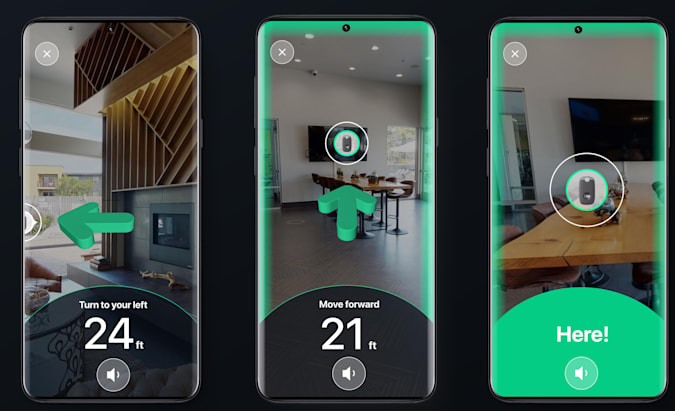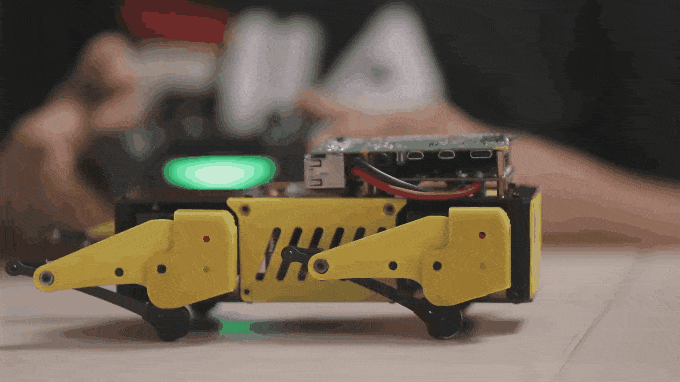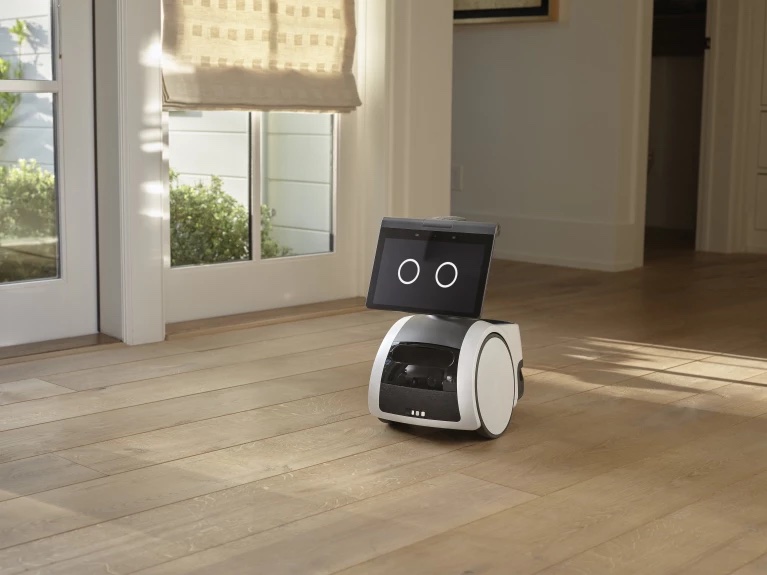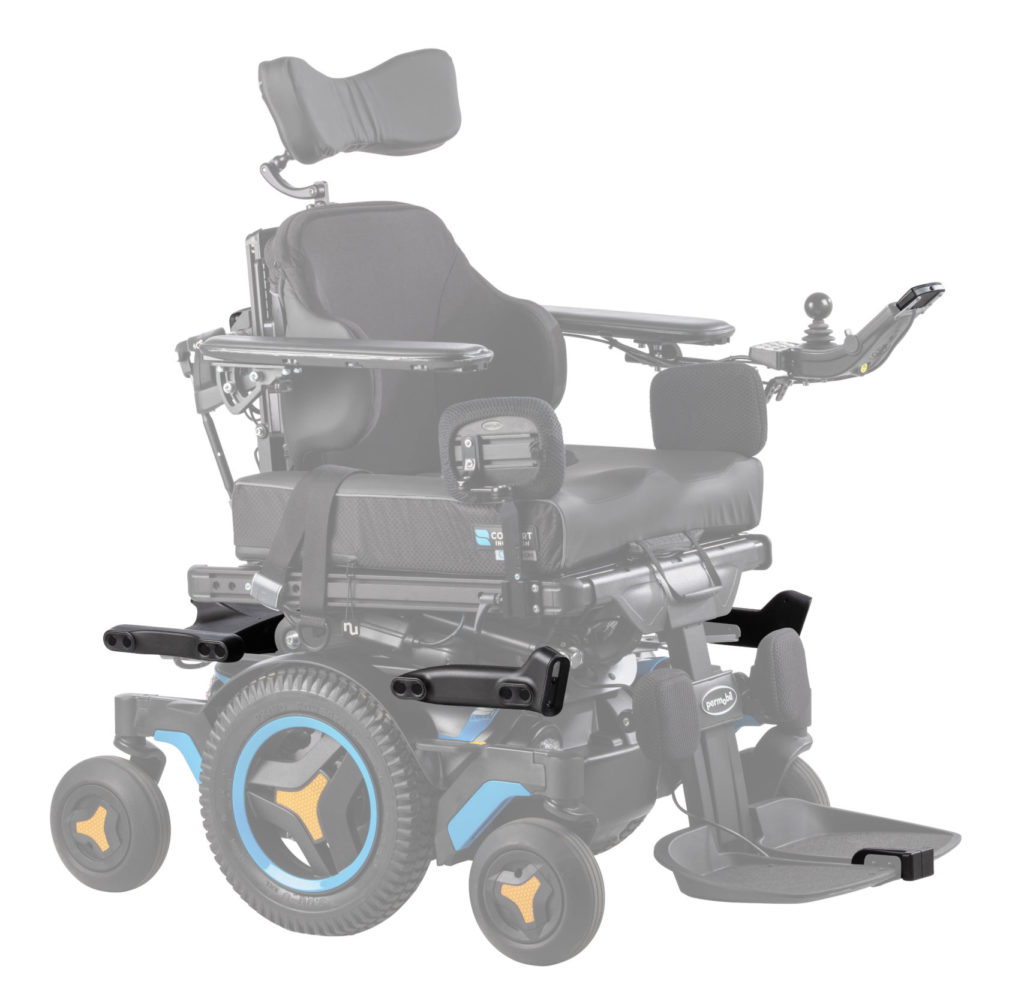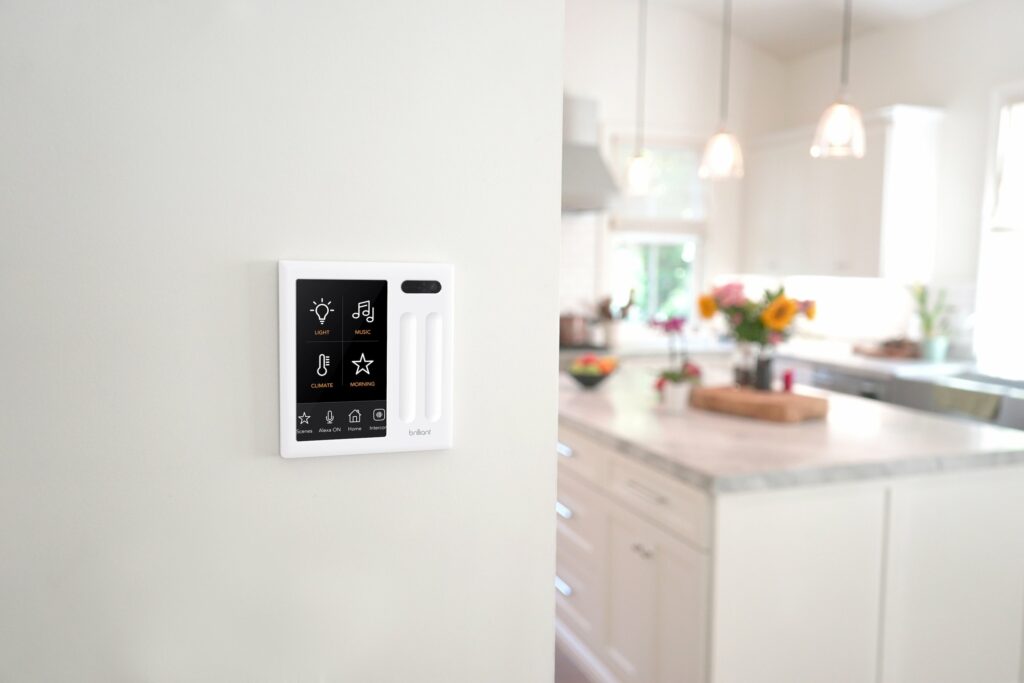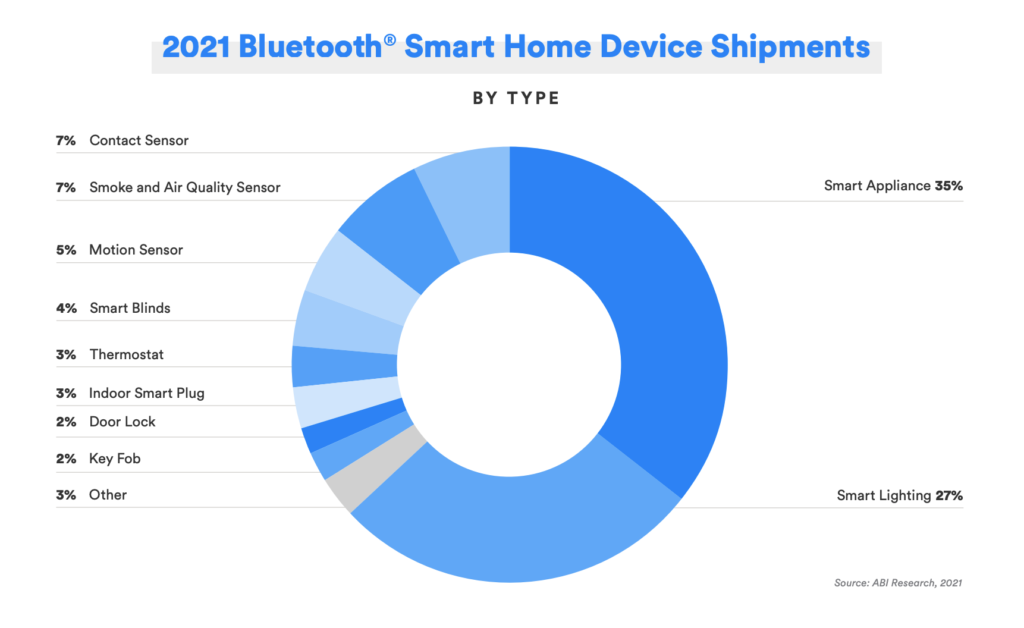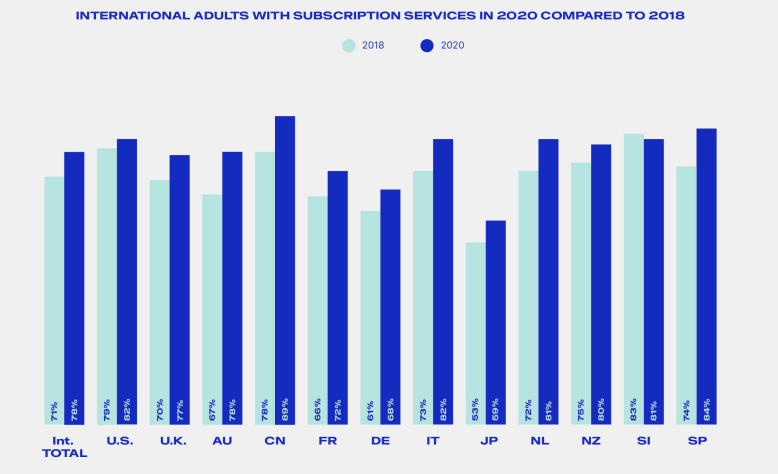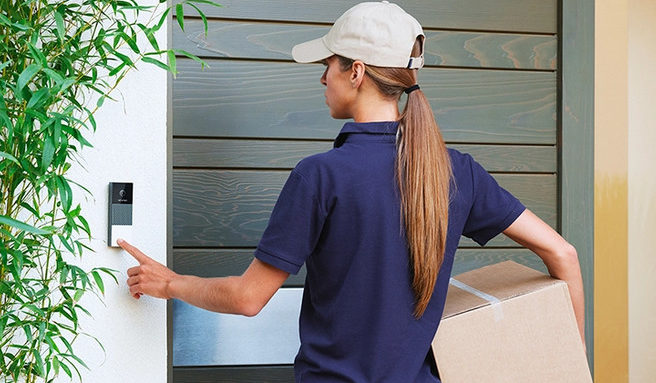We kick off this week’s podcast with a focus on chips and hardware starting with an explainer on Arm’s new Total Solutions for IoT and why it will help developers and device makers speed up time-to-market for connected products. We then talk about plans to put Linux on Arduino devices that were outed in a release from Foundries.io and plans for scalable ways to provision and secure connected devices at the manufacturing stage from Infineon. We skipped over to Amazon’s new Alexa Connect Kit SDK and what it means before tackling the new colors for Apple’s HomePod mini and a hew Apple hire. In smaller news, we discuss Tesla’s insurance plans, Wyze’s new battery-enabled doorbell, and why I should have purchased a Pixel 6 Pro, despite its giant size. We then share a crowdfunding campaign designed to bring one of the original connected devices of yesteryear back to life. Click here to resurrect your Nabaztag connected bunny. Finally, we talk about your responses to our question from the IoT Podcast Hotline related to connected devices for workshops.

Our guest this week is John Cowan, co-founder and CEO of EDJX, a company building out a distributed software platform for developers. We start off talking about a new project EDJX is implementing with the military at Camp Mabry in Austin. We talk about the necessary hardware for sensor deployments in cities and how those might become the new infrastructure for edge computing. Cowan then explains why containers aren’t the correct match for a highly distributed computing platform at scale, and how serverless solutions can help answer this need. We discuss compute, networking and databases, so prepare to get nerdy. Enjoy the show.
Hosts: Stacey Higginbotham and Kevin Tofel
Guest: John Cowan, co-founder and CEO of EDJX
Sponsors: Very
- Details on Arm’s plans to help the IoT
- Amazon’s new SDK takes Alexa to more hardware
- Bring a vintage IoT bunny back from the dead
- Why the military needs low-latency edge computing today
- How EDJX thinks about data decay and assurance
Podcast: Play in new window | Download | Embed
Subscribe: RSS

